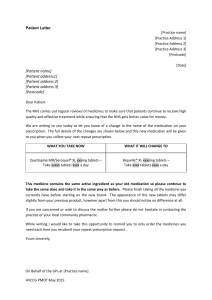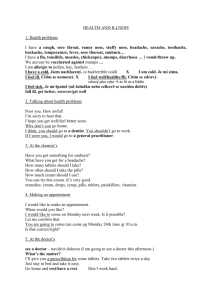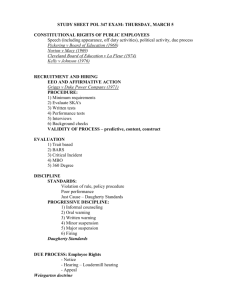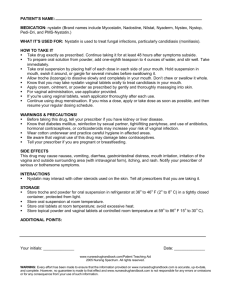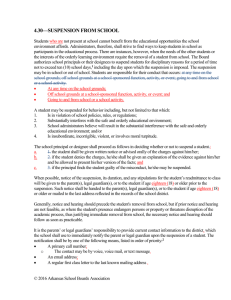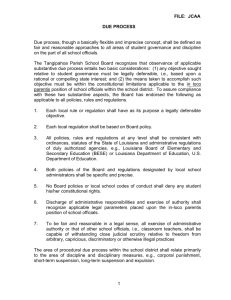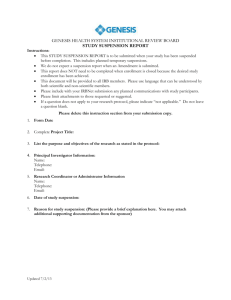Flubendazole (FLUVERMAL) Medication Information
advertisement
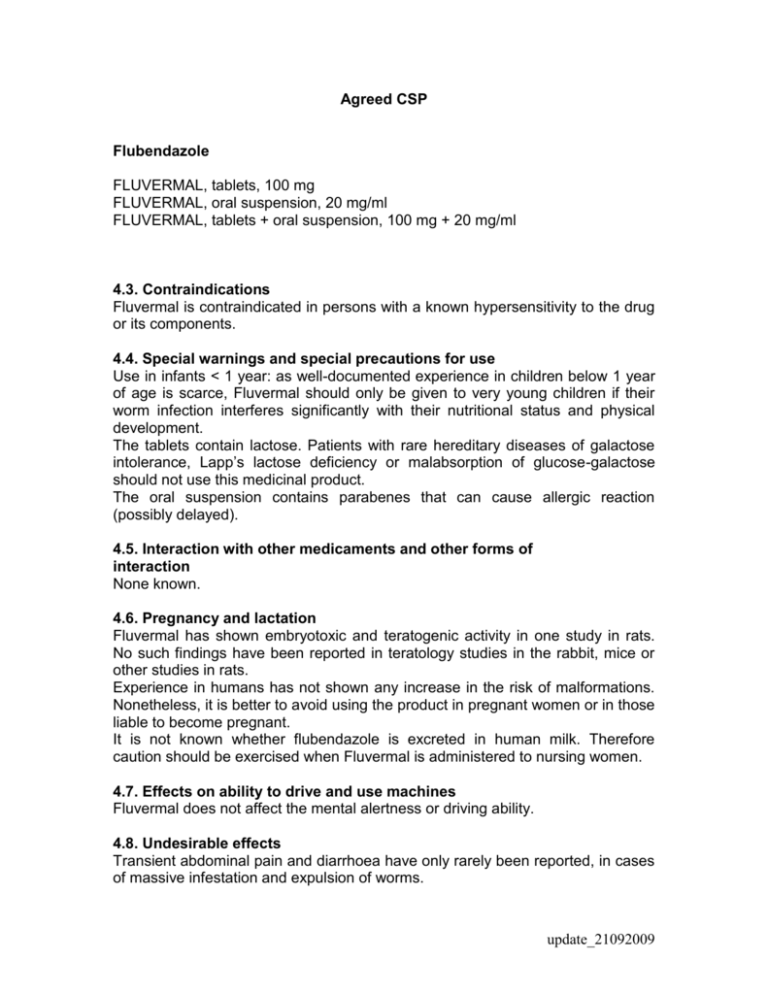
Agreed CSP Flubendazole FLUVERMAL, tablets, 100 mg FLUVERMAL, oral suspension, 20 mg/ml FLUVERMAL, tablets + oral suspension, 100 mg + 20 mg/ml 4.3. Contraindications Fluvermal is contraindicated in persons with a known hypersensitivity to the drug or its components. 4.4. Special warnings and special precautions for use Use in infants < 1 year: as well-documented experience in children below 1 year of age is scarce, Fluvermal should only be given to very young children if their worm infection interferes significantly with their nutritional status and physical development. The tablets contain lactose. Patients with rare hereditary diseases of galactose intolerance, Lapp’s lactose deficiency or malabsorption of glucose-galactose should not use this medicinal product. The oral suspension contains parabenes that can cause allergic reaction (possibly delayed). 4.5. Interaction with other medicaments and other forms of interaction None known. 4.6. Pregnancy and lactation Fluvermal has shown embryotoxic and teratogenic activity in one study in rats. No such findings have been reported in teratology studies in the rabbit, mice or other studies in rats. Experience in humans has not shown any increase in the risk of malformations. Nonetheless, it is better to avoid using the product in pregnant women or in those liable to become pregnant. It is not known whether flubendazole is excreted in human milk. Therefore caution should be exercised when Fluvermal is administered to nursing women. 4.7. Effects on ability to drive and use machines Fluvermal does not affect the mental alertness or driving ability. 4.8. Undesirable effects Transient abdominal pain and diarrhoea have only rarely been reported, in cases of massive infestation and expulsion of worms. update_21092009 Hypersensitivity reactions such as exanthema, rash, urticaria and angioedema have rarely been observed. 4.9. Overdose Symptoms In the event of accidental overdosage, abdominal cramps, nausea, vomiting and diarrhea may occur. Although the maximum recommended treatment duration of Fluvermal is limited to three days there have been rare reports of liver function disturbances, hepatitis and blood dyscrasias described in patients who were treated for hydatid disease with massive doses for prolonged periods of time. Treatment There is no specific antidote. Within the first hour after ingestion, gastric lavage may be performed. Activated charcoal may be given if considered appropriate. update_21092009




